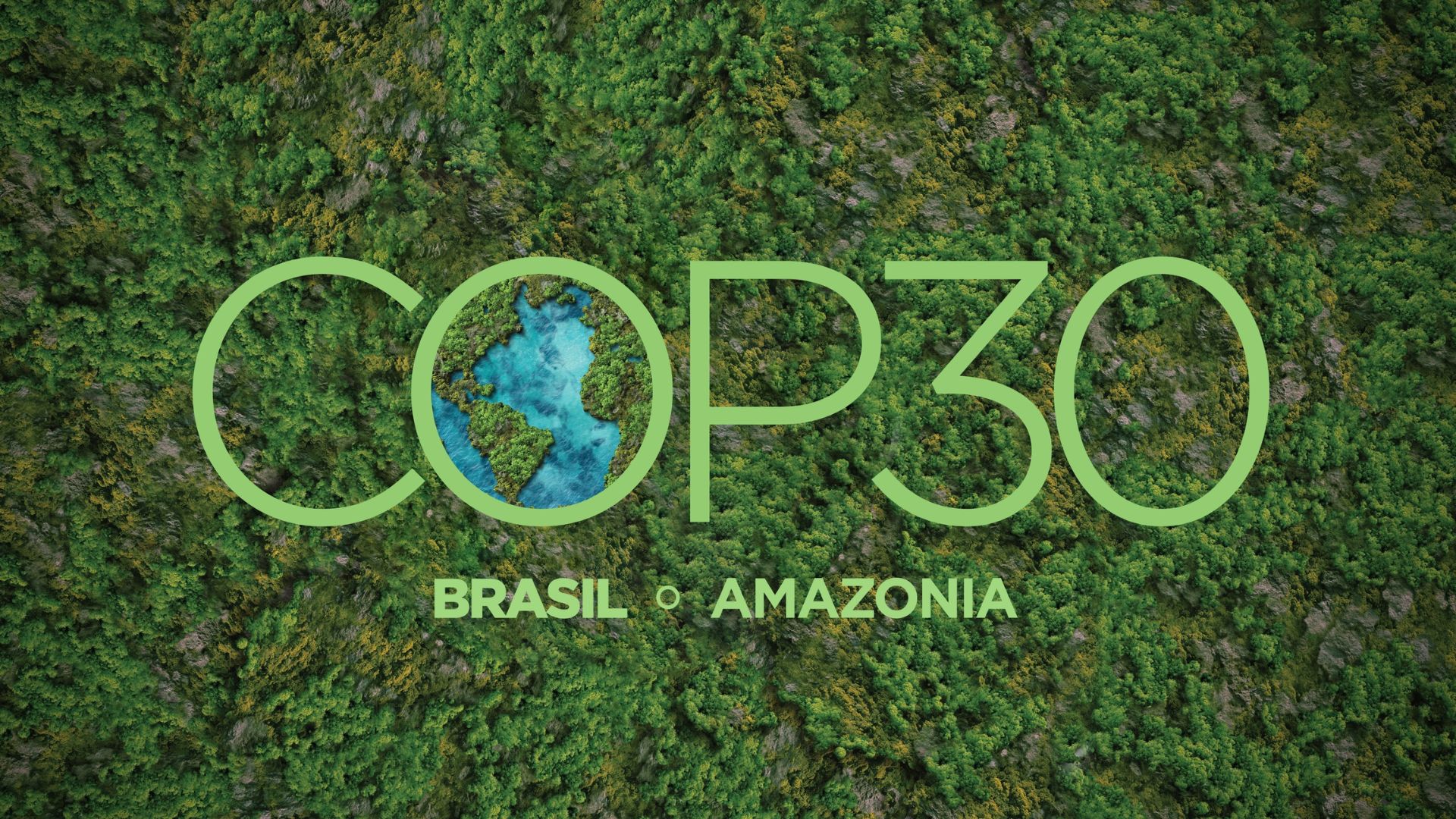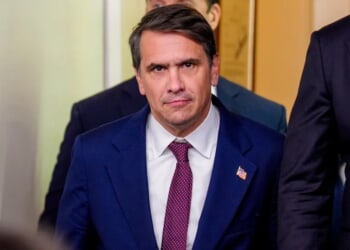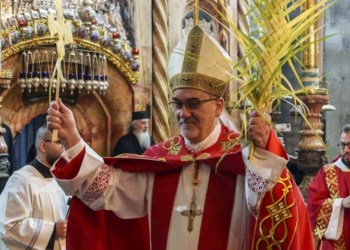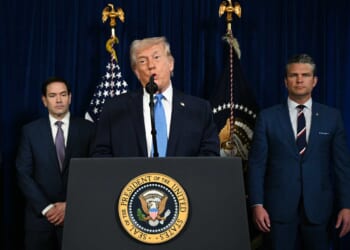
The White House confirmed that no top U.S. officials will attend this month’s United Nations Climate Change Conference (COP30) in Belém, Brazil, as President Donald Trump shifts focus toward strengthening domestic energy production and job growth.
The conference, scheduled for November 10 to 21, 2025, is expected to draw tens of thousands of delegates, but the United States will not be represented by high-level administration officials.
A White House official, speaking on condition of anonymity, told AFP that “the U.S. is not sending any high level representatives to COP30.”
“The president is directly engaging with leaders around the world on energy issues, which you can see from the historic trade deals and peace deals that all have a significant focus on energy partnerships,” the official added.
The decision follows Trump’s January move to withdraw from the Paris Climate Agreement for a second time, fulfilling a campaign pledge to distance the U.S. from international climate accords.
The withdrawal also halted U.S. financial contributions to U.N.-backed climate programs, a step that drew sharp criticism from environmental groups and allied governments.
Trump had not been expected to attend the leaders’ summit that precedes the main COP30 conference, and his administration has now confirmed it will not send senior negotiators to participate in the talks either.
This Could Be the Most Important Video Gun Owners Watch All Year
The president has repeatedly stated that his administration’s priority is to protect American energy independence, expand domestic oil and gas production, and sustain job growth across the energy sector.
The COP30 climate conference, hosted in Belém in Brazil’s northern Pará state, is expected to bring together approximately 50,000 attendees, with some estimates suggesting the number could exceed 60,000.
Organizers say the surge in attendance has already strained the city’s accommodations and transportation infrastructure, with hotels near capacity and airports preparing for heavy traffic during the two-week event.
Brazilian officials announced Friday that fewer than 60 heads of state have confirmed attendance at the preliminary climate leaders’ summit scheduled for November 6–7.
Those confirmed include leaders from France, Germany, the United Kingdom, the Netherlands, Norway, Colombia, Chile, Cape Verde, and Liberia. China has said Vice Premier Ding Xuexiang will represent President Xi Jinping.
The separate pre-summit was introduced this year to reduce logistical challenges for Belém ahead of the main conference.
While the federal government will not participate at a high level, more than 100 state and local officials from across the United States — including governors, mayors, and environmental representatives — are expected to attend COP30 independently.
Many of them are expected to represent regional or city-level initiatives rather than federal policy.
Trump’s decision to bypass the U.N. conference reflects his administration’s broader approach to international climate negotiations.
During his previous term, the president withdrew from the Paris Agreement in 2017, citing concerns that the accord placed disproportionate burdens on U.S. taxpayers while allowing major polluters like China to continue increasing emissions.
The 2025 withdrawal reaffirmed that stance, with the White House stating at the time that the U.S. would not participate in global frameworks that “undermine American sovereignty and economic competitiveness.”
COP30 will mark the first time Brazil has hosted the U.N. climate talks since 2019, when then-President Jair Bolsonaro declined to participate amid disputes over Amazon deforestation policy.
This year’s conference aims to evaluate global progress toward emissions reduction goals set under the Paris Agreement — which the Trump administration has now exited once again.
Despite the absence of top U.S. officials, the conference is expected to proceed with discussions on climate finance, carbon market regulations, and deforestation targets.
Trump administration officials said the president remains focused on advancing U.S. energy partnerships through bilateral trade deals rather than multilateral forums.

![Trump Rejects Globalists' Climate Circus in Brazil, Doubles Down on U.S. Energy Growth [WATCH]](https://www.right2024.com/wp-content/uploads/2025/11/Trump-Rejects-Globalists-Climate-Circus-in-Brazil-Doubles-Down-on-750x375.jpg)















